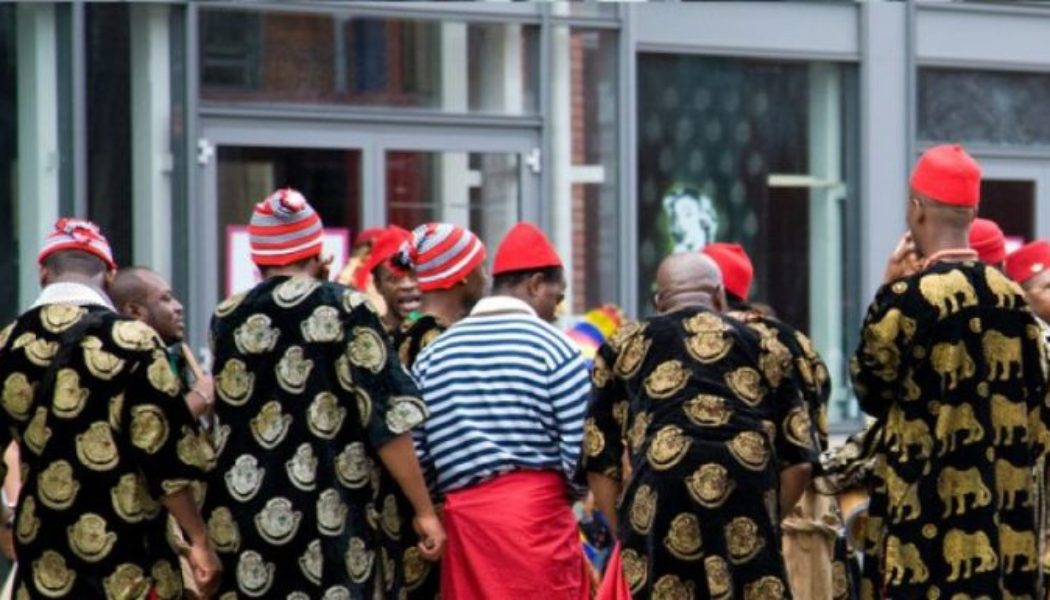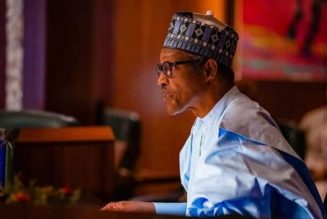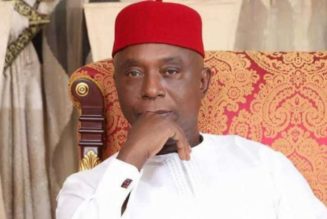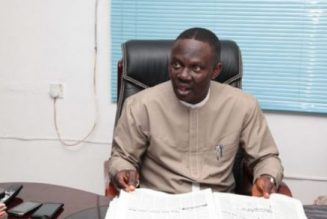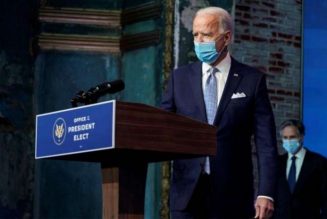
A leading Igbo social-political group, Nzuko Umuna, says that Nigeria, particularly the South East, is witnessing insecurity because of injustice, inequalities and lack of governance.
Addressing reporters in Abuja on Monday, Sam Amadi, chairman of the legal committee of the think tank, said the unfair and unequal treatment of citizens have compounded the insecurity crisis.
Amadi said the South East used to be the ‘safest region in Nigeria, but has become a site of organised criminality.’
‘Nzuko Umuna recognises that Nigeria has descended into a depth of insecurity partly because of the failure of governance across the country and particularly because of inequities and injustices of political leadership in Nigeria,’ the former chairman of the Nigerian Electricity Regulatory Commission (NERC) said.
‘We acknowledge that the perception of unfair and unequal treatment of citizens compounds the insecurity crisis,’ he added.
Amadi said the reported comments of Alkali Usman Baba, Inspector General of Police (IGP), who allegedly told police officers to ignore human rights while dealing with insecurity in the south-east would only escalate the crisis in the region.
‘We consider this statement horrifying, frightening and unutterable in a democracy with entrenched constitutional rights to life and due process.
‘We are more surprised that the head of the Nigerian Police will make such an outrageous statement authorising state violence in a region that, for long, has been seething with anger at police brutality and extortion and a region whose youths have been extra-judicially killed by security agents in large numbers.
‘Statements like those of the IGP further deepens the sense of victimisation by the state and therefore escalates the crisis. We stand with the south-east governors, the Ohaneze Ndigbo and other civic organisations in Igbo to demand proper forensic audit of the hitherto unheard “Unknown Gunmen” syndrome as it is strange to the customs and norms of people of the region.
‘We know from data available in public domain that there has been escalation of killing of police officers across the country before the current wave of attacks in the South East.
‘This suggests that the ‘unknown gunmen’ phenomenon may relate to a more complex crisis of insecurity in Nigeria. With open borders, increasing poverty and frustration of youths, corruption in the most hallowed centers of law enforcement, herdsmen violence and banditry, and political brigandage in Nigeria, a simplistic and unscientific explanation of the ‘Unknown Gunmen’ phenomenon does not suffice,’ he said.
